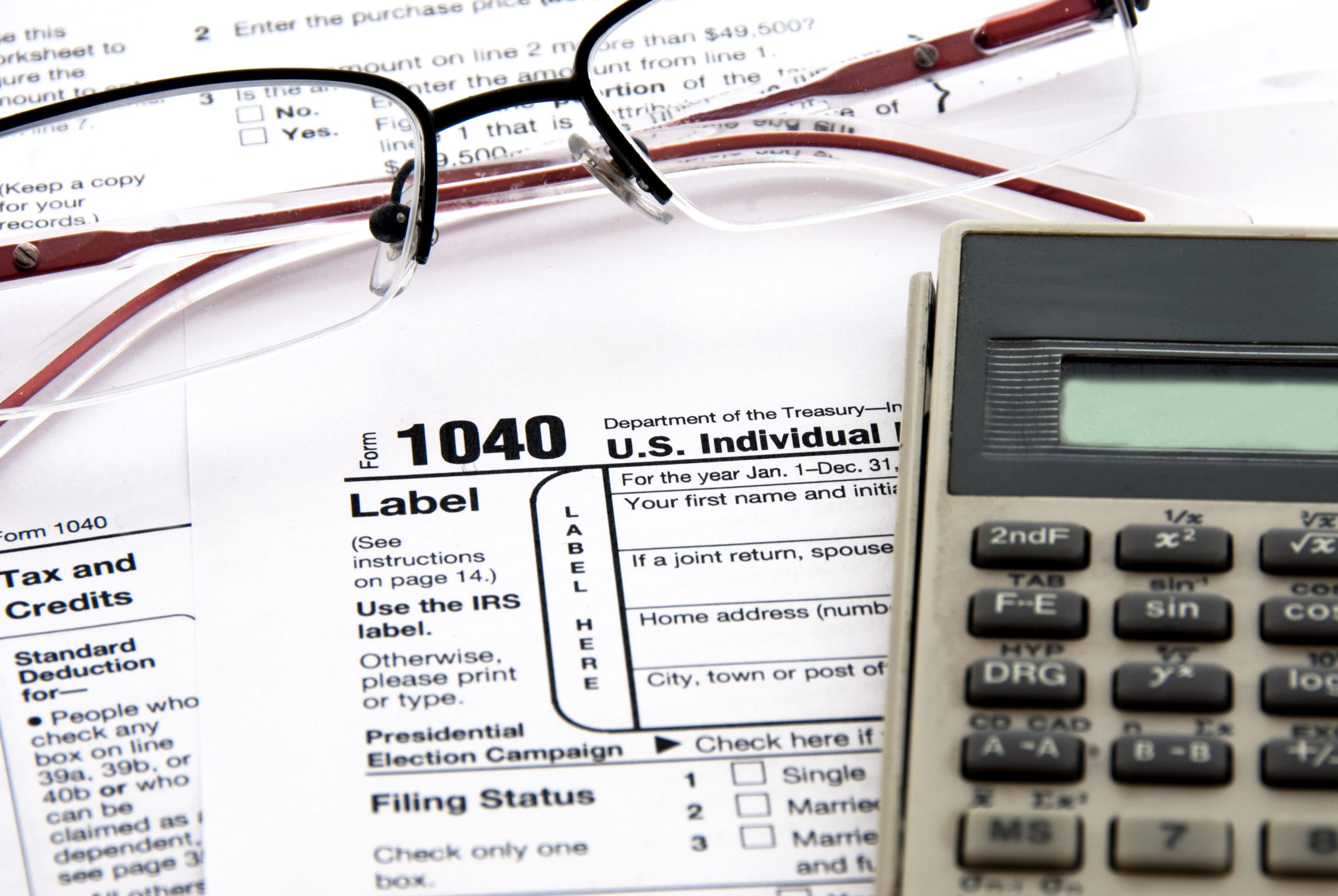As the population ages, many individuals find themselves in the role of caregiver for elderly loved ones. While the emotional and physical demands of caregiving can be challenging, there are also financial aspects to consider. One avenue that caregivers can explore to alleviate some of the financial burdens is taking advantage of tax write-offs specifically designed for caring for seniors. These write-offs can provide much-needed relief for caregivers juggling care responsibilities and managing expenses.
1. Medical Expenses Deduction: One of the most significant tax benefits for caregivers is the medical expenses deduction. Caregivers who provide financial support to elderly family members can often claim a deduction for qualifying medical expenses. This includes medical, dental, and vision care expenses, as well as prescription medications and medical equipment. However, it’s important to note that these expenses must exceed a certain percentage of the caregiver’s adjusted gross income before they become eligible for deduction.
2. Dependent Care Credit: Caregivers supporting seniors can also explore the possibility of claiming the dependent care credit. This credit is designed to help offset the costs of caring for a dependent, which can include elderly parents or relatives who meet the criteria. To qualify, the senior in question must be physically or mentally incapable of self-care, and the caregiver must provide essential support that allows them to live at home. The dependent care credit can significantly reduce the caregiver’s tax liability.
3. Medical and Dental Expenses for Seniors: If the senior being cared for is considered a dependent, caregivers may be eligible to deduct medical and dental expenses related to their care. This can include costs such as doctor’s visits, long-term care services, and necessary medical supplies. Keep meticulous records of these expenses, as they can add up over time and contribute to a substantial tax deduction.
4. Home Modifications: Caring for seniors often involves modifying the home to ensure their safety and well-being. The good news is that some of these home modifications may be eligible for tax write-offs. Expenses related to installing ramps, handrails, and other accessibility features can potentially be deducted as medical expenses if they are deemed medically necessary by a healthcare professional.
5. Mileage and Travel Expenses: Caregivers who travel to provide care for their elderly loved ones may be able to claim deductions for mileage and travel expenses. This can include the costs of driving to medical appointments, grocery shopping, and other activities related to the senior’s care. Ensure accurate records of mileage and expenses to support these deductions.
6. Professional Care Services: If caregivers need to hire professional caregivers or utilize home healthcare services for their elderly relatives, these expenses may be deductible. This can be especially beneficial when caregivers seek outside assistance to meet the senior’s medical and personal care needs.
In conclusion, caring for seniors can be a fulfilling yet financially demanding responsibility. As caregivers navigate the challenges of providing care and managing expenses, they must be aware of the various tax write-offs available to them. From medical expense deductions to dependent care credits, these tax benefits can provide significant relief and positively impact caregivers’ financial situations.
However, it’s important to note that tax laws and regulations can be complex and subject to change. Therefore, it’s recommended that caregivers consult with a qualified tax professional or accountant to ensure they take full advantage of all available tax write-offs and adhere to current tax guidelines. By combining careful record-keeping and professional guidance, caregivers can confidently navigate the world of tax write-offs, helping them ease the financial strain of caring for their senior loved ones.

